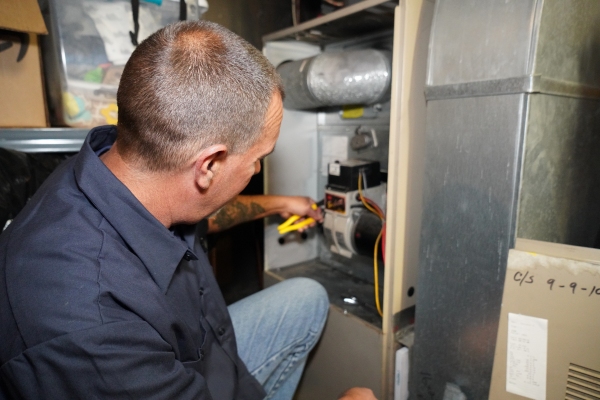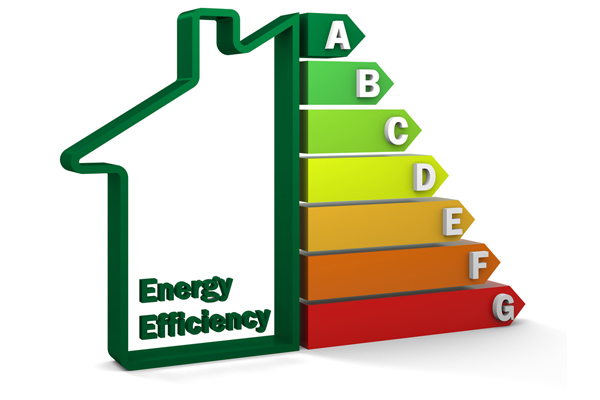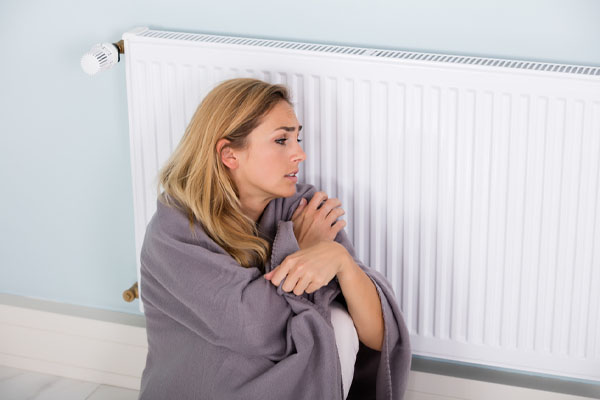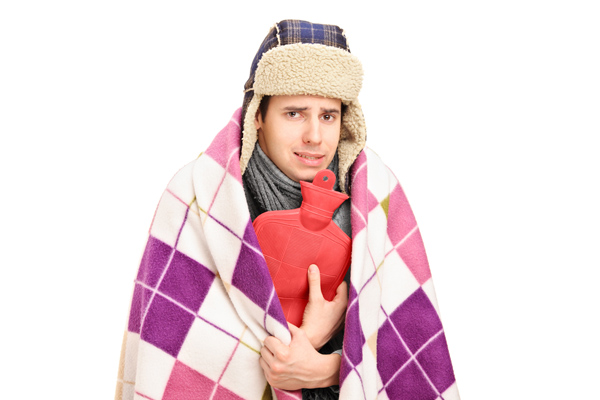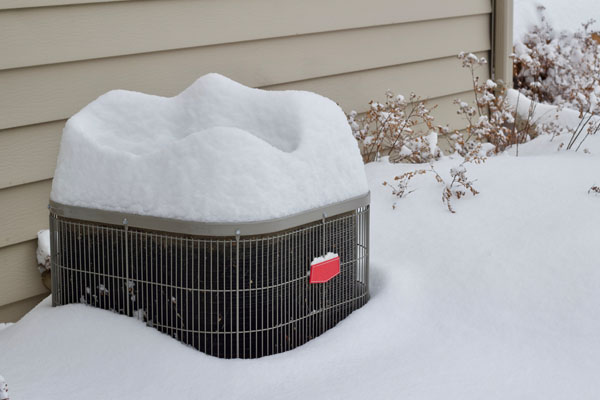Heating
Discovering Efficiency: How Does An Oil Heating System Work?
An oil heating system efficiently heats your home by transforming oil into a fine mist and mixing it with air. This heat is then circulated throughout your home. With advancements in HVAC technology, modern oil heating systems offer impressive energy efficiency and longevity, making them a solid choice for homeowners.
Read MoreCutting Carbon Footprints with Advanced High-Efficiency Heating Systems
Carbon emissions, crucial in eco-conscious discussions, primarily consist of CO2 from flora, fauna, and heating systems. Inefficient heating systems not only harm the environment but also lead to financial burdens from excessive HVAC repairs and replacements. Conversely, advanced, energy-efficient home heating systems enhance comfort and safety while minimizing environmental impact.
Read MoreKey Strategies For Handling A Home Heating Emergency
Facing a heating system breakdown in the heart of the cold winter can disrupt home comfort and pose safety risks. In such emergencies, knowing how to stay warm and safe until professional help arrives is crucial. In this article, we outline key strategies for managing a home heating emergency effectively.
Read More7 Key Features to Consider When Choosing a New Oil Boiler for Your Home
As your reliable old boiler ages, you’ll see a decline in performance, efficiency, and reliability, indicating it’s time for a new one. Oil boiler installation offers a chance to upgrade to a system better suited to your current needs. In this article, we discuss essential factors to consider when selecting a new oil boiler.
Read MoreWhat Causes Uneven Heating in My Home?
The US Department of Energy recommends maintaining your thermostat at 68°F in winter for efficiency and safety. Uneven heating, where some rooms are colder, can lead to higher heating costs. To address this, understand your home’s heating dynamics, check for drafts, insulate properly, and service your HVAC system to avoid discomfort and increased expenses.
Read MoreTop 10 Boiler Problems Faced by Homeowners
Dealing with a boiler breakdown can be challenging in the cold winter. Knowing common boiler problems and their causes is crucial for taking quick action to prevent total heating system failures. This article will cover typical boiler issues, their potential sources, and how to get your boiler back up and running.
Read MoreTop Heat Pump Issues Homeowners Experience In Winter
Heat pumps are modern, electric heating systems that provide an efficient alternative to traditional HVAC units. In winter, they operate like reverse air conditioners, absorbing outdoor heat and distributing it indoors. Although heat pumps are known for their efficiency and reliability, they can encounter winter-specific issues. This article delves into potential problems and solutions.
Read More
